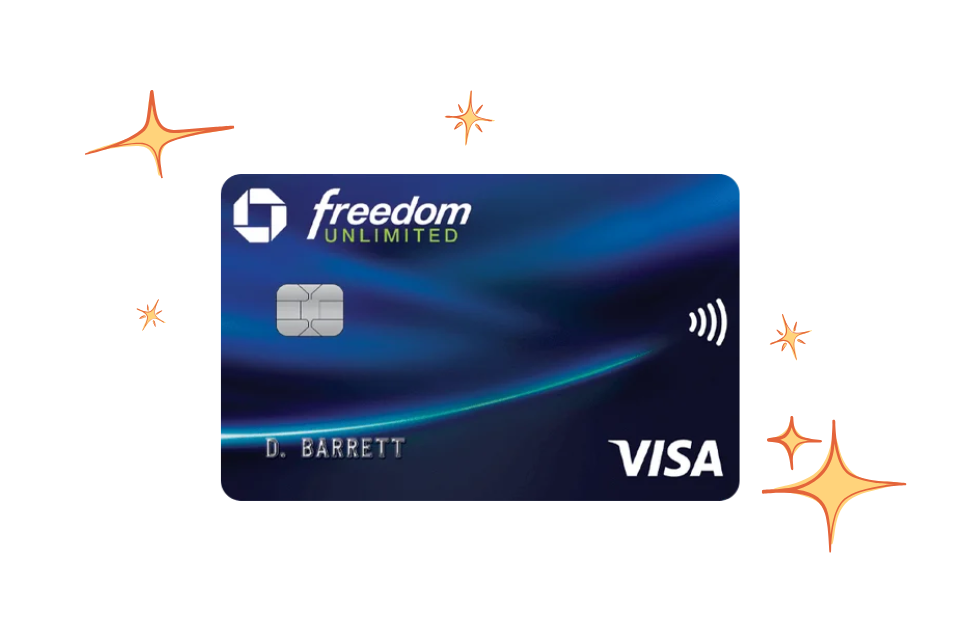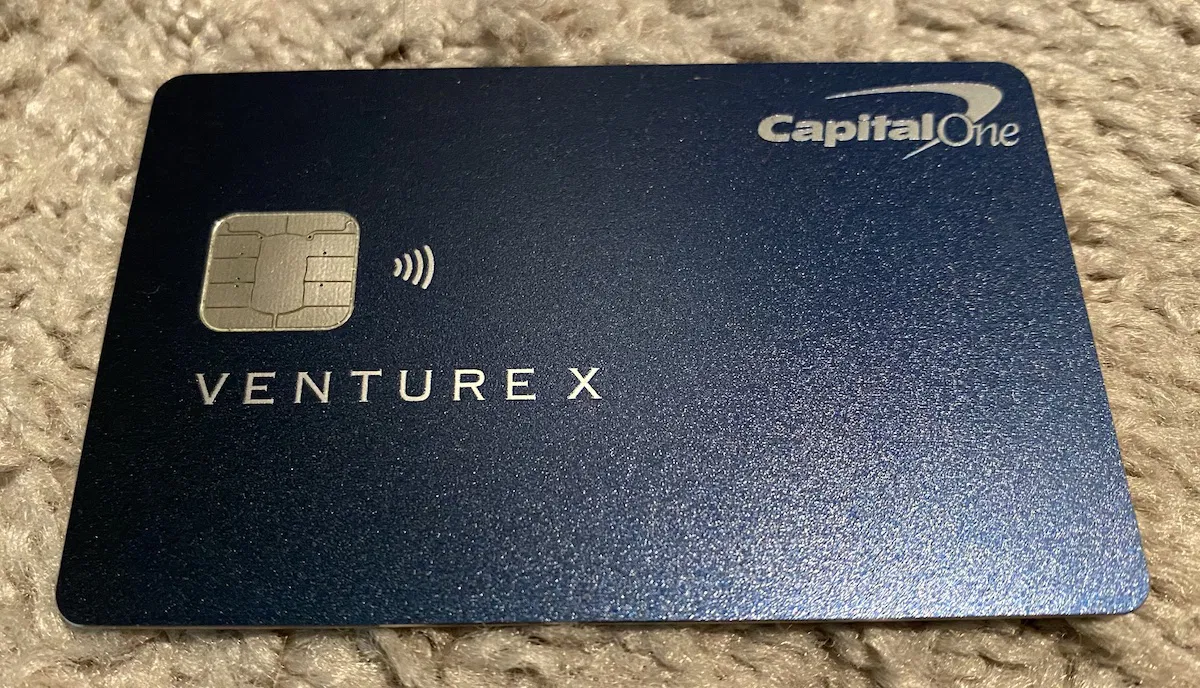The Pros and Cons of Using Credit Cards: What You Need to Know

Introduction
Credit cards are a prevalent financial tool in the United States, providing a convenient and flexible way to handle purchases. These plastic cards have become so integrated into daily life that many Americans rely on them not just for large purchases, but also for everyday expenses like groceries and gas. However, like any financial instrument, they come with both significant advantages and some notable drawbacks that every cardholder should consider carefully before diving into their usage.
Understanding these pros and cons enables individuals to make informed decisions about how to use credit cards wisely without falling into common traps. Here are some key points to keep in mind:
Pros of Using Credit Cards
- Convenience: Carrying a credit card is often easier than handling cash. For instance, when shopping at a supermarket or dining at a restaurant, simply swiping your card makes transactions quick and efficient. This convenience also extends to online shopping, where entering card details is typically faster than calculating cash exchanges.
- Rewards Programs: Many credit cards come with attractive rewards programs that can significantly benefit users. For example, cards often offer cash back on purchases—some give 1.5% cash back, while others might offer as much as 5% on specific categories like groceries or fuel. Additionally, travel enthusiasts can take advantage of miles or points that can be redeemed for free flights or hotel stays, maximizing the value of their everyday spending.
- Building Credit History: Consistent, responsible use of credit cards can lead to improved credit scores, which is essential for future financial endeavors. This includes qualifying for lower interest rates on loans, obtaining mortgages, or even renting apartments. For example, making small purchases and paying off the balance in full each month demonstrates reliability to credit bureaus, positively impacting your credit history.
Cons of Using Credit Cards
- High Interest Rates: While credit cards offer ease of use, carrying a balance from month to month can lead to accruing significant debt due to high interest rates. For instance, if you have a balance of $1,000 with an interest rate of 20%, you could find yourself owing more than $1,200 in just a year if only making the minimum payments. This can quickly spiral out of control for many cardholders.
- Overspending Risk: The convenience of swiping a card can lead to unintended overspending. When using cash becomes less tangible, people may lose track of their budgets. For example, a person might think, “I can afford that nice shirt,” and end up purchasing several items that blow the monthly budget when using a credit card, leading to a financial crunch later.
- Fees: Credit card fees can add up quickly if you’re not careful. Late payments can incur hefty charges, while many cards charge annual fees that can be up to hundreds of dollars, depending on the benefits offered. Even some reward cards that seem appealing can end up being costly if you fail to utilize the benefits fully.
As you navigate the world of credit cards, being aware of these factors will empower you to use them responsibly. In the following sections, we will dive deeper into each of these points, exploring the nuances that can help you make the best financial choices for your lifestyle and avoid the pitfalls that can lead to debt and financial stress.
LEARN MORE: Click here for the step-by-step guide
Understanding the Benefits of Credit Cards
To fully appreciate the role of credit cards in modern finance, it is essential to examine the numerous advantages they offer. Credit cards have revolutionized the way consumers shop and manage their finances, providing benefits beyond mere convenience.
Convenience at Your Fingertips
The convenience of credit cards cannot be overstated. With just a swipe or a tap, you can complete a transaction in seconds, making purchases feel effortless. This is particularly useful for emergencies when you might not have cash on hand or when making significant purchases; credit cards allow you to avoid carrying large amounts of money. Furthermore, they provide a seamless way to shop online without the need for entering and re-entering your banking information, streamlining the checkout process greatly. As a user, you not only save time but also have the flexibility to spend, which adds to your purchasing power.
Rewards and Benefits
One of the most appealing features of credit cards is their rewards programs. Credit card issuers often compete to attract customers by offering enticing benefits. For instance, many consumers can earn cash back on every purchase made with their card. A great example is a card that gives 3% cash back on groceries, while another offers 2% on gas purchases. This means that every trip to the store or gas station can translate into savings over time. Additionally, travelers can earn points redeemable for flights or hotel stays, turning routine spending into opportunities for free travel.
Building Your Credit Profile
Using credit cards responsibly can be a vital step in building your credit history. Consistency is key here; making timely payments and keeping your credit utilization low can substantially impact your credit score. A good credit score is fundamental for securing loans or mortgages at competitive interest rates. For instance, if you’re looking to buy your first home, a strong credit profile can save you thousands in interest payments. By managing your credit card effectively and treating it as a tool for financial growth, you set yourself on a path to beneficial financial opportunities in the future.
Leveraging Financial Flexibility
Credit cards also provide significant financial flexibility. In situations where you may need unexpected cash flow, such as an emergency repair or an unplanned medical expense, credit cards can serve as a financial buffer. They allow you to make necessary purchases even when your budget is tight, especially if you are able to pay off the balance promptly to avoid interest. Many individuals find that having a credit card gives them peace of mind, knowing they can address unexpected expenses without derailing their financial stability.
In summary, while credit cards present many advantages that can enhance your financial experience, it is crucial to utilize them wisely. The benefits they offer can vastly improve your purchasing power, reward you for your spending habits, and assist you in building a solid credit history. Recognizing these positives serves as a strong foundation for understanding the implications of credit card use, as we will explore in the following sections.
DISCOVER MORE: Click here to learn how to apply
Evaluating the Drawbacks of Credit Card Usage
Despite the significant benefits that credit cards can provide, it is essential to remain aware of the potential drawbacks associated with their use. Understanding these cons can help individuals make informed decisions and develop responsible spending habits.
High Interest Rates
One of the most considerable risks associated with credit cards is their high interest rates. If cardholders do not pay off their balance in full each month, they may incur substantial interest charges on any remaining balance. Credit card interest rates can range from around 15% to 25% or higher, depending on the individual’s creditworthiness and the credit card issuer. For example, if you only pay the minimum amount due, you could end up paying much more for your purchases over time due to accumulated interest. This can lead to a cycle of debt that is difficult to escape, especially for those who are not diligent about reading their statements or budgeting their expenses.
Overspending Temptation
Credit cards can also encourage overspending. The ability to make purchases without immediate financial consequences may lead some individuals to spend beyond their means, resulting in unmanageable debt. For instance, a person purchasing luxury items or dining out frequently, believing they can pay the balance later, may not fully grasp the cumulative effect on their finances. This can erode the advantages of having a credit card and lead to financial stress. It’s essential for users to establish strict budgets and adhere to them, keeping in mind that credit should only be used when necessary and feasible.
Potential for Fraud and Identity Theft
While credit cards come with security features, they are not entirely immune to fraud and identity theft. If someone obtains your credit card information, they can make unauthorized purchases, which could wreak havoc on your finances. Although many credit card companies offer robust fraud protection and you are typically not held liable for charges made in cases of theft, the hassle and stress of disputing fraudulent transactions can be overwhelming. It’s wise to regularly monitor your statements for suspicious activity and utilize features such as transaction alerts to stay informed.
Impact on Credit Score
Another critical concern is the potential impact on your credit score if credit cards are poorly managed. While responsible use can bolster your credit profile, mismanagement—like missing payments or maxing out credit limits—can significantly damage your credit score. A lower credit score can affect not only your ability to secure loans or favorable interest rates but also your insurance premiums or even rental applications. Therefore, maintaining a healthy credit score requires consistent responsibility and awareness of your credit card usage.
Fees and Charges
Many credit cards come with various fees and charges that can add to your costs. These can include annual fees, late payment fees, foreign transaction fees, and cash advance fees, among others. Depending on the card you choose, these fees can erode any benefits you may gain from rewards programs or other perks. For instance, if you frequently travel abroad and use a card with high foreign transaction fees, you may find that the rewards earned do not outweigh the costs incurred. Always reviewing the terms and conditions and being aware of such fees is crucial when selecting a credit card.
As you can see, while credit cards have their advantages, they also come with significant risks that must be understood and managed effectively. By weighing these cons alongside the previously discussed benefits, consumers can make smarter choices regarding their credit card usage and overall financial management.
DON’T MISS OUT: Click here to learn how to apply
Weighing the Balance: Final Thoughts on Credit Card Usage
In conclusion, navigating the world of credit cards requires careful consideration of both their advantages and disadvantages. On one hand, credit cards offer flexibility in payments, rewards programs, and the opportunity to build a strong credit history. These benefits can enhance your purchasing power and provide you with financial security when used wisely. On the other hand, failing to manage credit card debt responsibly can lead to high interest rates, overspending, and potential damage to your credit score. Additionally, the risk of fraud and identity theft and various fees and charges can quickly negate any advantages associated with credit card use.
Ultimately, the key lies in awareness and discipline. Understanding your spending habits, establishing a realistic budget, and paying off balances in full each month can allow you to harness the benefits of credit cards while mitigating the risks. Always review terms, keep an eye on your statement, and take advantage of the security features offered. By taking these steps, you can navigate credit by making informed and thoughtful financial decisions, ensuring credit works for you rather than against you. With the right approach, credit cards can be a valuable tool in achieving your financial goals.


